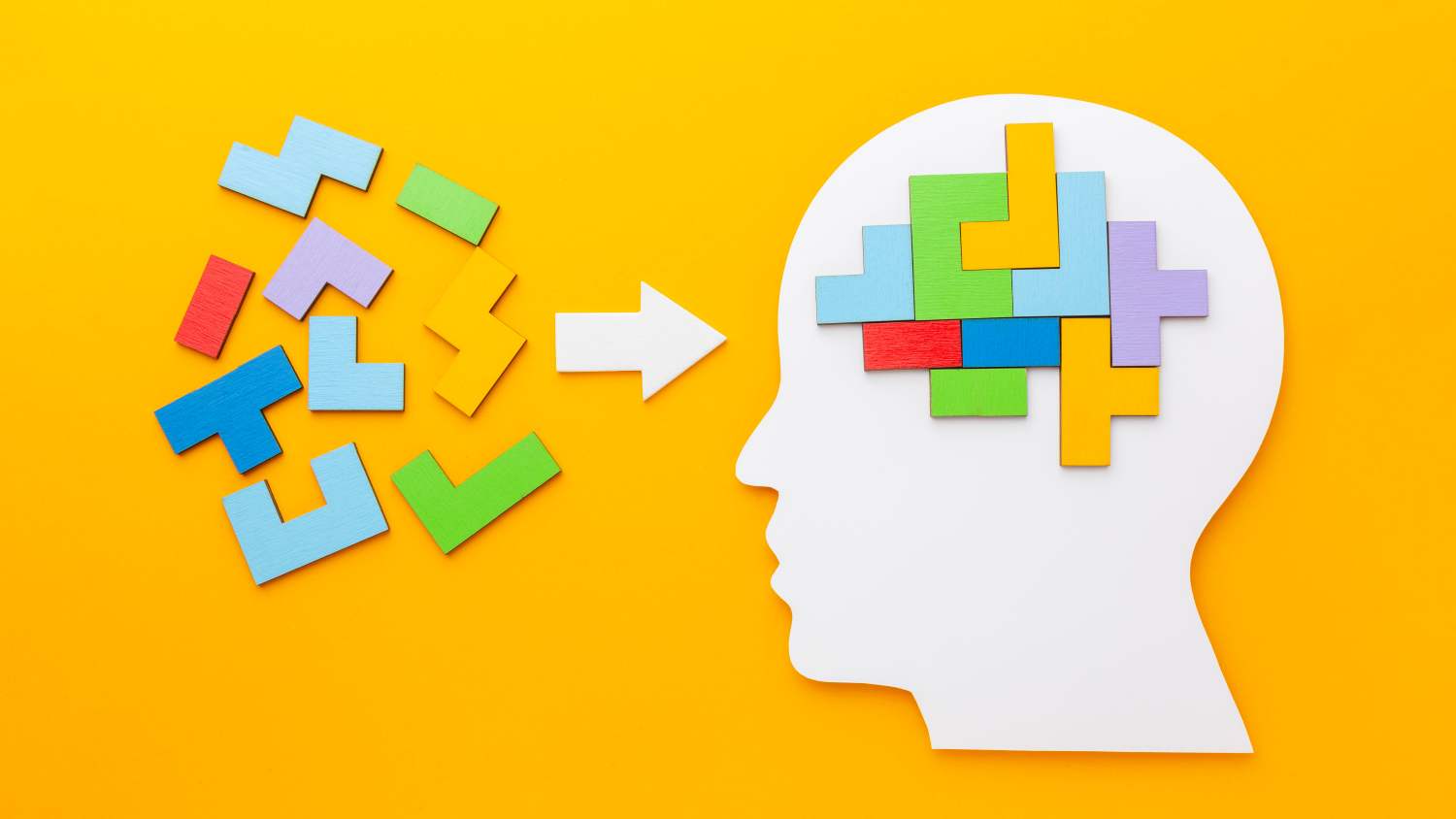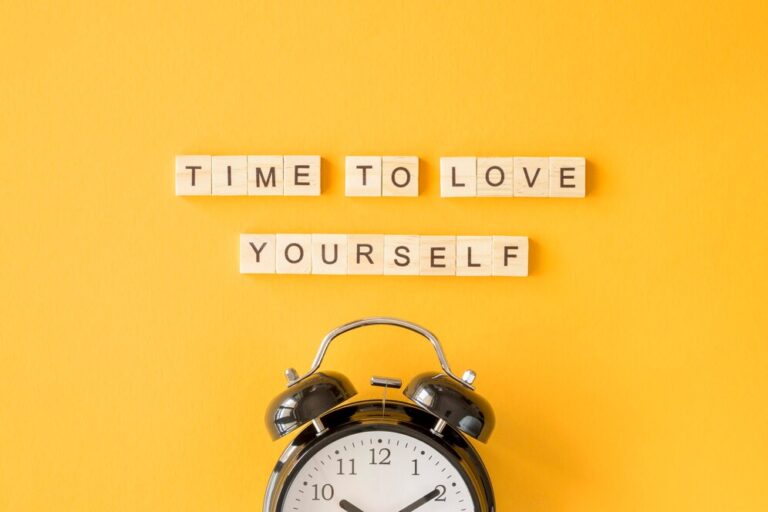Affirmations to stop overthinking and trust yourself
You know that feeling when you’re stuck between two choices, going back and forth like a mental ping-pong match that never ends?
Here’s what’s often happening: You’re not confused about what to do. You’re afraid you’re not allowed to trust yourself to do it.
Every time you hesitate endlessly, delay unnecessarily, or seek validation before checking in with your gut, you’re sending your brain a message: “I don’t trust you to handle this.”
These affirmations rewire that message. But unlike generic positive thinking, they work because they acknowledge the uncertainty while building your comfort with it.
If you’re struggling with constant indecision, understanding the causes of decision paralysis will help these affirmations work better.
The overthinking vs. thinking problem
Not all analysis is overthinking. Here’s the difference:
Thoughtful analysis asks: “What information do I need to make a good decision?”
Overthinking asks: “How can I guarantee the perfect outcome?”
One is productive. The other is paralysis disguised as preparation.
When to think deeply:
- Major life changes (career, relationships, big financial commitments).
- Choices with significant long-term consequences.
- Situations involving other people’s wellbeing.
When overthinking is the problem:
- Daily low-stakes choices (what to eat, wear, watch).
- Situations where you have solid experience or intuition.
- Choices between two good options.
- Decisions you can easily adjust later.
If you’re spending hours researching what to have for dinner, you’re not being thorough. You’re being afraid. Training your brain for positive thinking helps you see possibilities in decisions instead of only problems.

Why standard affirmations fail for decision-making
“I am confident in my choices” feels hollow when you’re genuinely struggling with a decision.
These affirmations work differently because they:
- Acknowledge that uncertainty is normal, not a character flaw.
- Focus on your ability to handle outcomes, not predict them.
- Build self-trust through practice, not wishful thinking.
Building self-trust through small promises creates the foundation that makes these decision-making affirmations feel true instead of forced.
20 affirmations that rebuild decision-making confidence
When overthinking spirals:
- I can think things through without thinking them to death.
- I know the difference between being thorough and being afraid.
- Some decisions deserve deep thought; others just need action.
- I can stop researching when I have enough information to move forward.
When you doubt yourself:
- I trust myself to handle whatever comes from this choice.
- My past decisions have taught me valuable lessons I can use now.
- I don’t need permission to choose what feels right for me.
- My intuition is worth listening to, especially in areas where I have experience.
When you crave certainty:
- I can make good decisions without guaranteeing perfect outcomes.
- Not knowing everything doesn’t mean I know nothing.
- I choose progress over perfection, action over analysis.
- Uncertainty is uncomfortable, but indecision is worse.
When you need to move forward:
- I match my decision-making energy to the importance of the choice.
- For small decisions, I decide quickly. For big ones, I give myself appropriate time.
- I can always course-correct, but I can’t move forward while standing still.
- Done thoughtfully is better than perfect eventually.
When you own your choices:
- I’m responsible for my decisions, and I’m capable of handling that responsibility.
- I choose based on what I know now, not what I might learn someday.
- My decisions don’t have to be perfect – they just have to be intentional.
- I trust my ability to make the best choice I can with the information I have.
Situation-specific affirmations
Career decisions:
- I trust my ability to navigate my professional path, even when it’s not linear.
- I can make career choices based on my values, not just others’ expectations.
Relationship choices:
- I deserve relationships that align with who I’m becoming, not just who I’ve been.
- Healthy boundaries are a form of self-respect, not selfishness.
Financial decisions:
- I can make money choices that balance current needs with future goals.
- Financial mistakes are learning opportunities, not character flaws.
Major life changes:
- I can handle the discomfort of transition while moving toward what I want.
- Not all changes need to make sense to everyone else – they just need to make sense to me.
How to actually use these (not just read them)
Morning reset: Pick one affirmation before you check your phone. Say it three times while making coffee. Let it set the tone for decisions you’ll face today.
In the spiral: When you catch yourself overthinking, pause. Ask: “Is this helpful thinking or anxious spinning?” Choose the appropriate affirmation and say it out loud.
Evening practice: Before bed, acknowledge one decision you made today. Say: “I trust my ability to make thoughtful choices.”
The weekly pattern check: Are you overthinking small things? Under-thinking big ones? Notice your patterns and adjust.

Three decision-making habits that make affirmations stick
The 5-minute rule: Low-stakes decisions get 5 minutes max. What to eat, wear, watch – set a timer and choose when it goes off. This trains your brain that “good enough” decisions work fine.
The sleep-on-it rule: Major decisions get at least one night to settle. Your subconscious often provides clarity that conscious analysis can’t.
The values shortcut: When stuck between options, ask which choice better aligns with your core values. This cuts through endless pros and cons lists.
When overthinking means something deeper
If decision paralysis is significantly impacting your daily life, affirmations alone won’t solve it. This might signal:
- Anxiety that needs professional support.
- Trauma responses that affect trust.
- Perfectionism rooted in childhood conditioning.
Understanding the difference between decision paralysis and true decision-making struggles can help you address the root cause, not just the symptoms.
The shift that changes everything
When you practice these affirmations consistently, you stop asking “What if I’m wrong?” and start asking “What feels aligned?”
You stop needing certainty and start trusting your ability to adapt.
You stop waiting for perfect information and start acting on sufficient information.
You become someone who makes thoughtful decisions and trusts themselves to handle the results.
The truth about decisions
You don’t need to get every decision right. You just need to get comfortable making them thoughtfully and trusting your ability to navigate whatever comes next.
These affirmations aren’t magic – they’re training for a decision-making muscle that gets stronger with practice.
Your next decision is waiting. What feels right?
Ready to stop overthinking and start trusting yourself? The Decision making and prioritization workbook gives you 30 days of structured exercises to help you cut through analysis paralysis, trust your gut, and make decisions quickly without second-guessing yourself to death.







